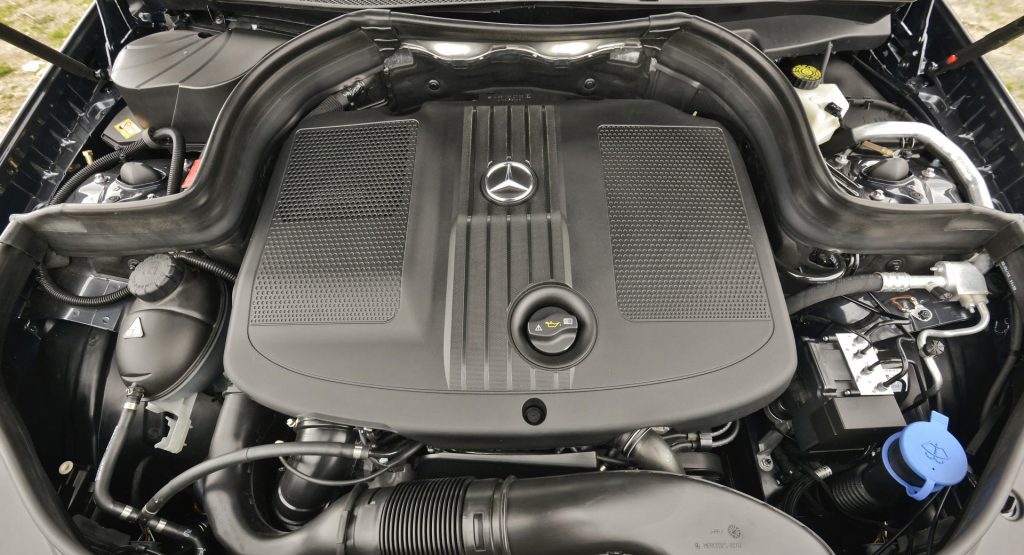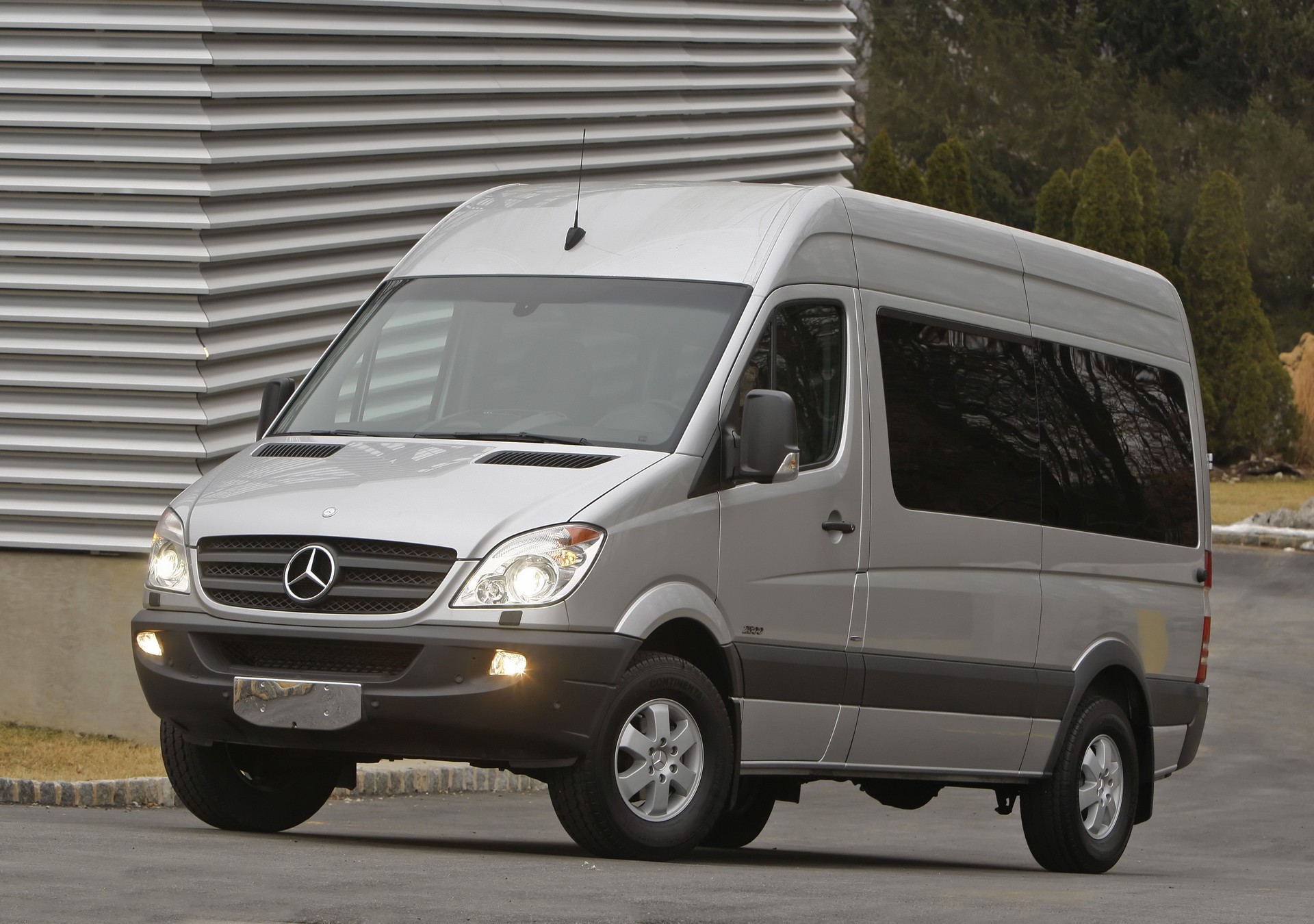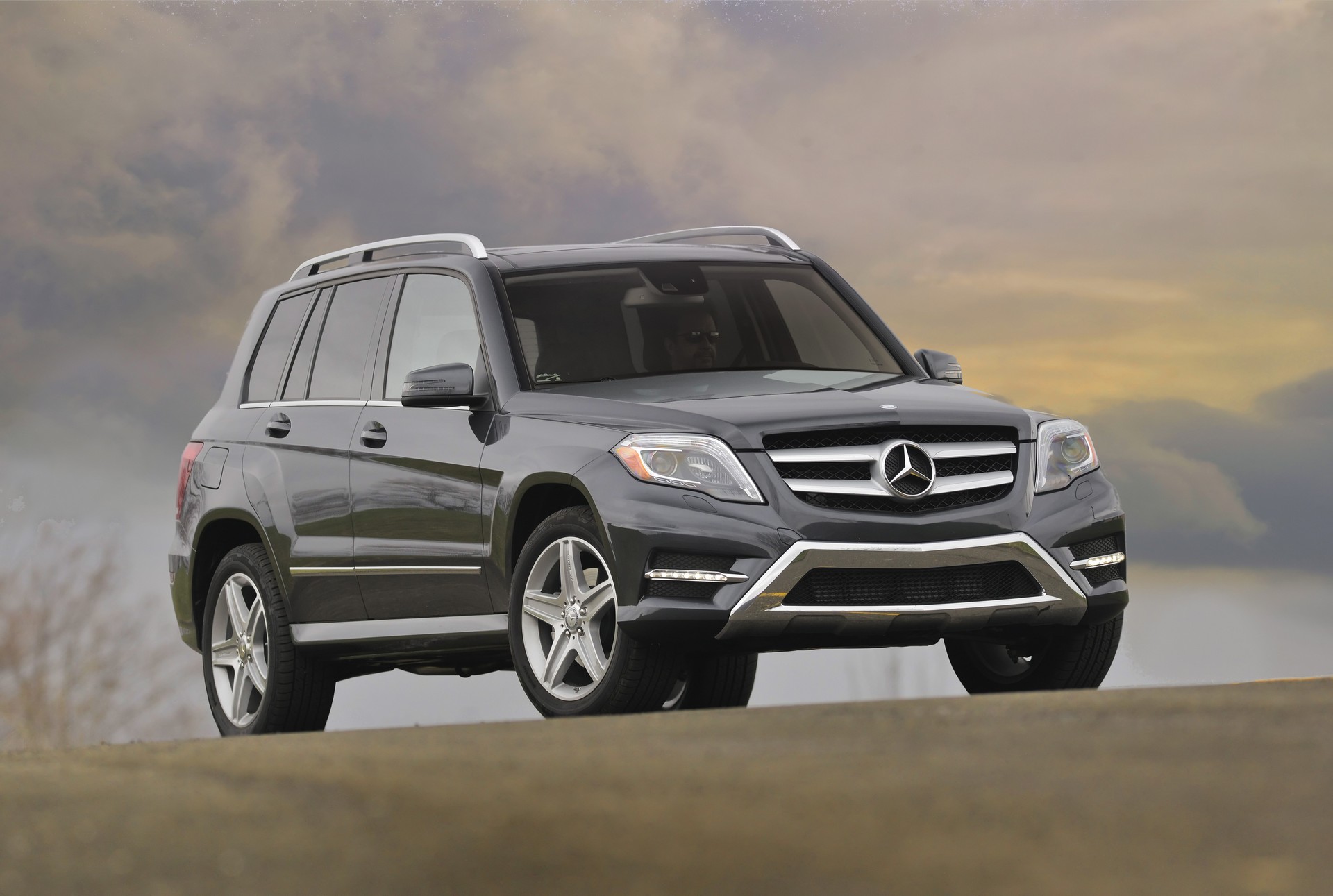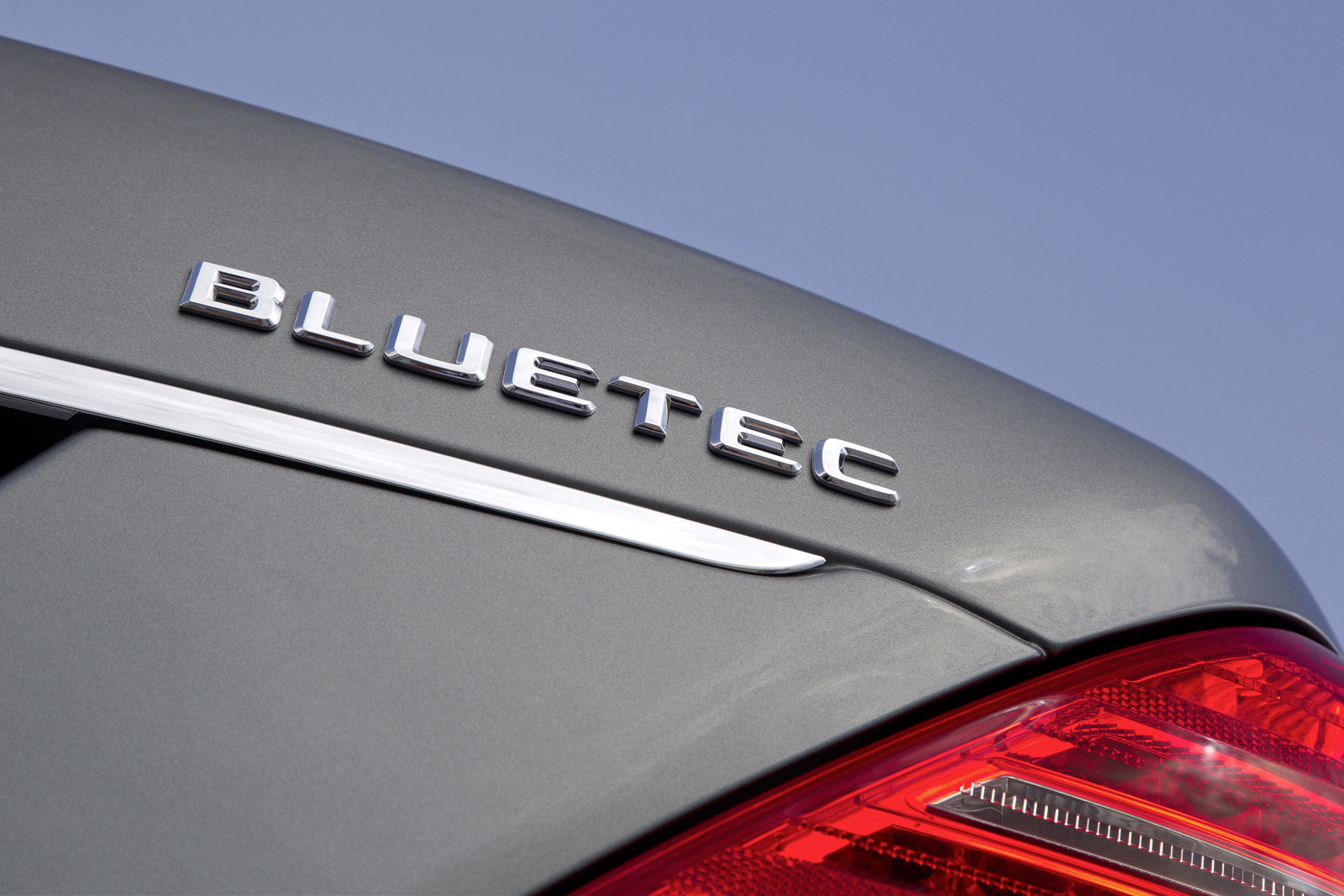The United States Department of Justice, Environmental Protection Agency and California Air Resources Board have agreed to a $1.5 (£1.2 / €1.3) billion settlement with Daimler to resolve “alleged” violations of the Clean Air Act and California law.
Under the proposed settlement, Daimler will recall and repair the emission systems in diesel-powered Mercedes sold in the United States between 2009 and 2016. The company will also “extend the warranty period for certain parts in the repaired vehicles, perform projects to mitigate excess ozone-creating nitrogen oxides (NOx) emitted from the vehicles, and implement new internal audit procedures designed to prevent future emissions cheating.”
The recall and federal mitigation program are projected to cost the company $436 (£339 / €367) million, but that’s just the tip of a very expensive iceberg. Besides that, Daimler will pay $875 (£680 / €737) million in civil penalties, roughly $70.3 (£54.6 / €59.2) million in other penalties and $110 (£85 / €93) million for mitigation projects in California.
Also Read: Daimler’s Dieselgate Will Cost $2.2 Billion To Settle With Consumers And U.S. Government
According to the government, “Daimler manufactured, imported, and sold more than 250,000 diesel Sprinter vans and passenger cars with undisclosed AECDs [auxiliary emission control devices] and defeat devices programmed into the vehicles’ complex emissions control software.” Unsurprisingly, the government says these devices operated in a very Volkswagen-like fashion as they allowed the vehicles to produce “compliant results during emissions testing,” but not when being driven in real-world conditions.
The government says the defeat devices were discovered by the EPA and CARB following the Volkswagen Dieselgate scandal, which put diesel engines under the microscope. Their existence was allegedly confirmed through testing at the EPA’s National Vehicle and Fuel Emissions Laboratory in Michigan as well as CARB’s laboratory in California.
The government says the repair program will involve a software update as well as the replacement of select components which differ depending on the vehicle and model year. Daimler must have at least 85 percent of affected passenger cars repaired within two years, while at least 85 percent of vans are required to be fixed within three years. The company will also need to test the vehicles annually, for the next five years, to ensure they meet emissions standards.
In a bit of an odd twist, Daimler must also replace 15 locomotive engines with new, less-polluting engines to offset excess NOx emitted from its vehicles.
The proposed settlement is subject to a 30-day public comment period and court approval. However, Deputy Attorney General Jeffrey Rosen said “By requiring Daimler to pay a steep penalty, fix its vehicles free of charge, and offset the pollution they caused, today’s settlement again demonstrates our commitment to enforcing our nation’s environmental laws and protecting Americans from air pollution.”
In related news, law firms announced details about the $700 (£544 / €590) million class-action settlement. Current owners and lessees can get a payment of $3,290 (£2,560 /€2,773) or more, while former owners and lessees can get $822.50 (£639.91 / €693.33). More information will be available at MBBlueTecSettlement.com shortly.
A number of vehicles are impacted including:
* 2014-2016 E250 BlueTEC
* 2011-2013 E350 BlueTEC
* 2009 GL320 BlueTEC
* 2010-2016 GL350 BlueTEC
* 2016 GLE300d
* 2016 GLE350d
* 2013-2015 GLK250 BlueTEC
* 2015 ML250 BlueTEC
* 2009 ML320 BlueTEC
* 2010-2014 ML350 BlueTEC
* 2009 R320 BlueTEC
* 2010-2012 R350 BlueTEC
* 2012-2013 S350 BlueTEC
* 2014-2016 Mercedes or Freightliner Sprinter (4-cylinder)
* 2010-2016 Mercedes or Freightliner Sprinter (6-cylinder)
For their part, Daimler said they have taken an “important step toward resolution of various diesel proceedings” and noted settling “avoids lengthy court actions with respective legal and financial risks.” However, the company “denies the authorities’ allegations as well as the class action plaintiffs’ claims and does not admit any liability to the United States, California, plaintiffs, or otherwise.”







